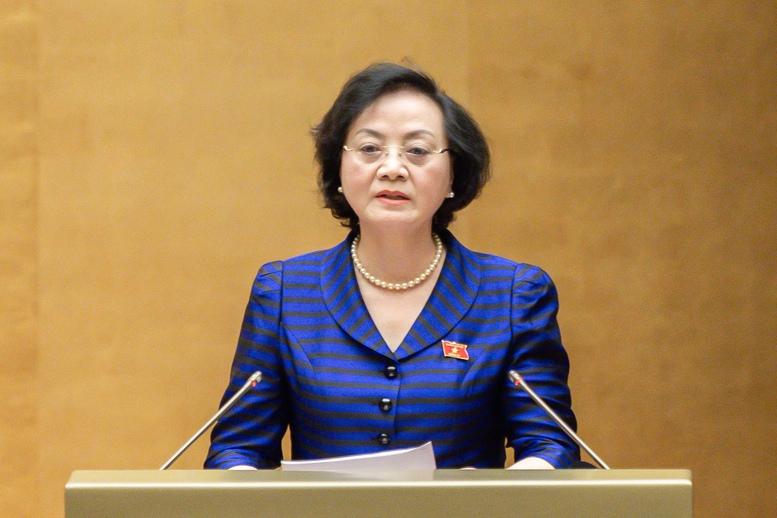
On the morning of October 22, continuing the working program of the 10th session, the National Assembly listened to the Presentation on the draft Law on Civil Servants (amended) and the Report on the examination of this draft law.
Presenting the Draft Law on Public Employees (amended), Minister of Home Affairs Pham Thi Thanh Tra said that the amendment of the Law aims to thoroughly grasp and fully institutionalize the resolutions, regulations and conclusions of the Central Executive Committee, the Politburo and the Secretariat on building the team of public employees in public service units.
The draft inherits the relevant provisions of the current Law, at the same time amends inappropriate points, and adds many new mechanisms to improve the recruitment, use and management of civil servants according to job positions, associated with restructuring and improving the quality of civil servants.
According to the Minister, the Law's goal is to create connectivity in the use of human resources between the public and private sectors, attract and employ highly qualified and capable people; at the same time, promote decentralization and delegation of power between the Central and local levels, between management agencies and heads of public service units.
The Draft Law consists of 6 chapters and 43 articles (19 articles less than the current Law), including many important new points related to recruitment, use, evaluation and management of civil servants.
One of the key contents of the draft is to innovate the mechanism for recruiting civil servants. Recruitment is carried out in two forms: examination and selection, and at the same time, it is supplemented with regulations on accepting people with experience working in both the public and private sectors to become civil servants. This approach expands the recruitment source, encourages rotation, and adds quality human resources to the public sector.
In addition, the rights of civil servants are expanded to allow them to sign contracts to carry out professional activities, participate in capital contributions, and manage enterprises if the law on anti-corruption does not prohibit it, or if specialized laws do not have other provisions, in line with specialized laws on science - technology, education - training.
According to the draft, job positions at public service units are determined into 3 groups: Management positions, professional and technical positions, and support positions.
At the same time, institutionalize policies to encourage innovation and creativity among civil servants; protect dynamic, creative cadres who dare to think, dare to do, dare to break through, and dare to take responsibility for the common good.
Connecting public-private human resources, attracting talent
To create connectivity between the public and private sectors, the draft adds provisions allowing the signing of contracts with experts, scientists, experienced and highly qualified people, including Vietnamese people living abroad, to work in public service units.
In particular, for specific fields such as culture, arts, and sports, the draft allows public service units to sign labor contracts without recruiting civil servants, to ensure flexibility and meet professional requirements.
This is considered an important step forward in attracting and utilizing talents, demonstrating the State's innovative thinking in the context of fierce competition for high-quality human resources among regions, especially in industries requiring specialized skills.
Regarding civil servant evaluation, the draft stipulates the principle of regular, continuous, multi-dimensional evaluation, based on work results, quality of public services and satisfaction of people, organizations and businesses. This evaluation method strongly shifts from formality to substance, taking work efficiency as the main measure.
At the same time, the draft encourages the application of digital technology, the development of a national database of civil servants, ensuring publicity and transparency in management, evaluation and development of the team. On that basis, the management agency will implement a screening mechanism for civil servants who do not meet the requirements of the task, contributing to improving the effectiveness and efficiency of the operations of public service units.
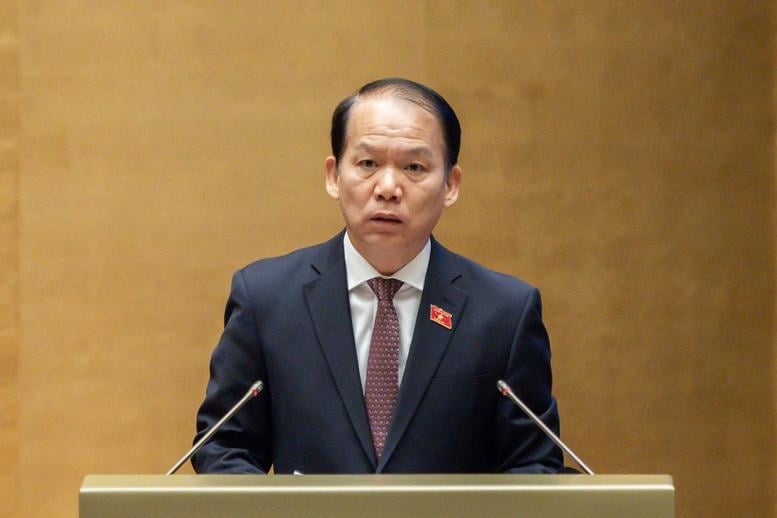
Promoting autonomy, ensuring rights and obligations of civil servants
Presenting the Report on the review of the Law project, Chairman of the National Assembly's Committee on Law and Justice Hoang Thanh Tung said that the majority of opinions in the Committee agreed with the policy on developing public service units stipulated in the draft, considering this an important legal basis for the Government to specify the organization and operation of service units.
Some opinions suggested not to regulate public service units in the draft Law, because the Law on Public Employees should only regulate social relations related to public employees; the contents on organizational structure and workplace of public employees should be regulated in separate legal documents on public service units.
Regarding the innovation of the mechanism for managing civil servants according to job positions, the Committee basically agrees with the draft, considering that this is a step in line with the trend of public sector reform, while meeting the requirements for strong innovation in methods of recruitment, assessment, planning, training, and use of civil servants in the spirit of Conclusion No. 121-KL/TW of the 13th Central Executive Committee; ensuring consistency and unity with the method of managing cadres and civil servants prescribed in the Law on Cadres and Civil Servants. It is recommended that the Government pay attention to directing the process of building a list of job positions to ensure true scientific and quality.
The Law and Justice Committee also approved the regulation that civil servants can sign labor contracts or service contracts with other agencies and organizations, as long as they are not illegal, to take advantage of their professional capacity, increase legitimate income and contribute more to society.
Notably, civil servants working in public science and technology units or public universities can work at enterprises established or participated in establishing by the unit to commercialize research results created by themselves or that organization according to the agreement in the employment contract to institutionalize the spirit of Resolution No. 57-NQ/TW of the Politburo, ensuring consistency and unity with the provisions of the Law on Science, Technology and Innovation and the Law on Teachers.
The Committee also basically approved the regulations on the authority to recruit civil servants; at the same time, it found that this regulation ensures consistency with the provisions of the Law on Organization of Local Government and is consistent with the policy of promoting decentralization and delegation of power that has been implemented in the political system in recent times, contributing to promoting the autonomy and creativity of public service units, improving the effectiveness and efficiency of their operations.
Regarding the employment contract for civil servants, the Committee on Law and Justice recommends that the drafting agency review the specific provisions of the employment contract for civil servants, especially the content that is different from the Labor Code, to stipulate it in the draft Law, as a basis for the Government to stipulate in detail; at the same time, supplement the principled provisions on unilateral termination of the employment contract, because this provision directly affects the right to work of citizens as prescribed by the Constitution, and needs to be specifically stipulated in the Law.
Updated on October 22, 2025
Source: https://laichau.gov.vn/tin-tuc-su-kien/chuyen-de/tin-trong-nuoc/doi-moi-co-che-tuyen-dung-su-dung-va-quan-ly-vien-chuc-theo-vi-tri-viec-lam.html


![[Photo] Prime Minister Pham Minh Chinh chairs meeting on railway projects](https://vphoto.vietnam.vn/thumb/1200x675/vietnam/resource/IMAGE/2025/10/23/1761206277171_dsc-9703-jpg.webp)





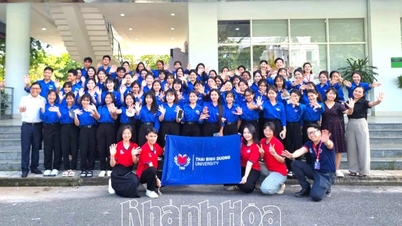

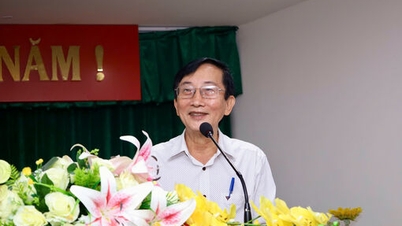

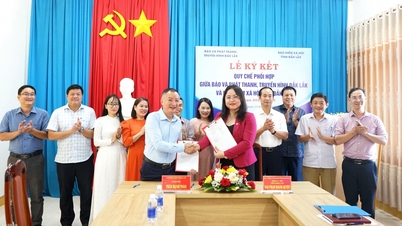

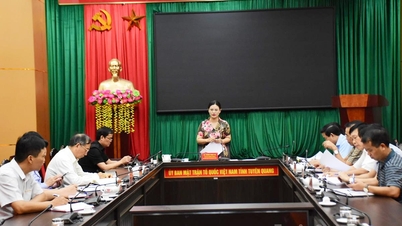

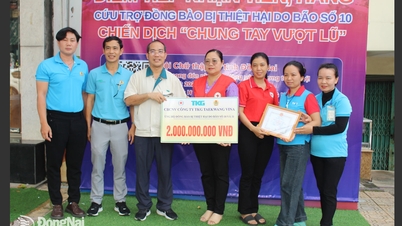

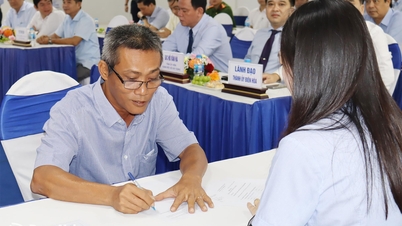





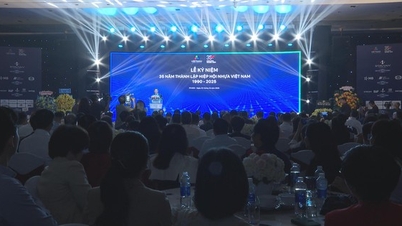

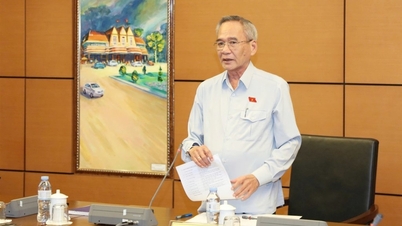
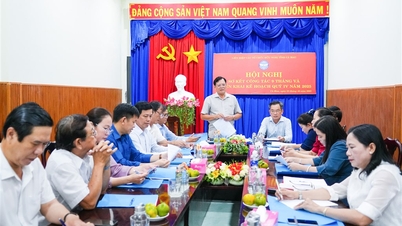




































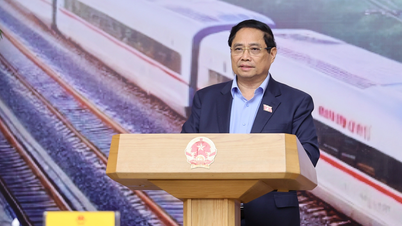

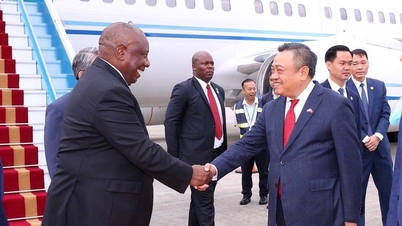











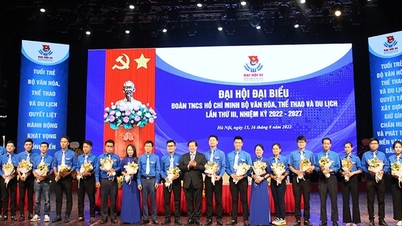
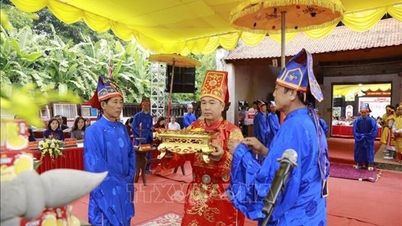




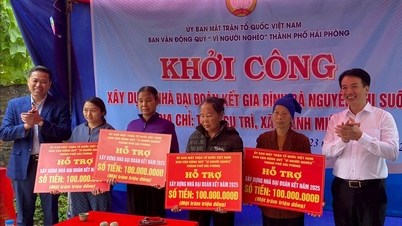

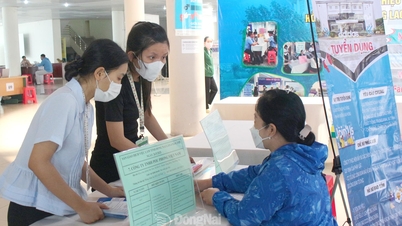
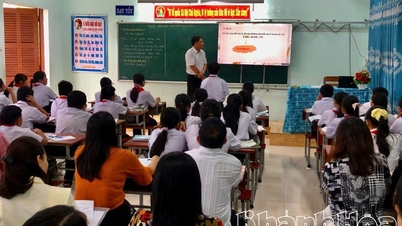














Comment (0)